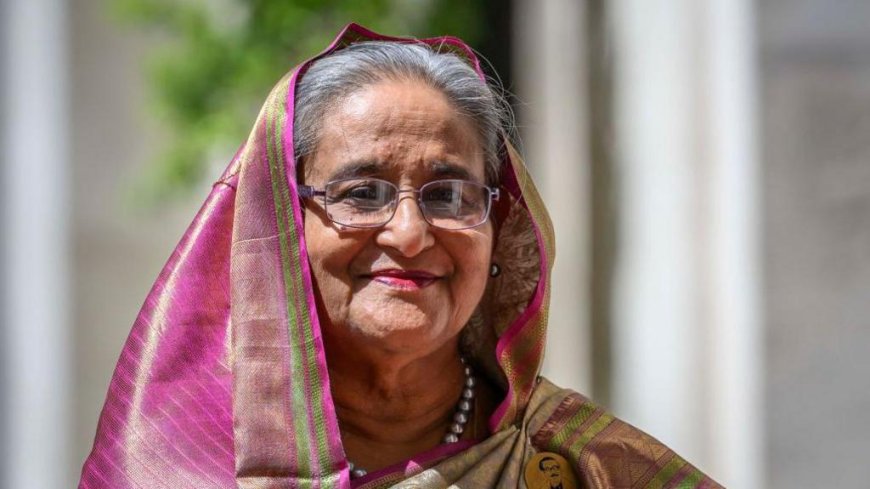Bangladesh Urges India To Hand Over Sheikh Hasina After Death Sentence Verdict
Bangladesh asks India to hand over former PM Sheikh Hasina after a death sentence by a special tribunal. The request cites an extradition agreement and raises serious diplomatic questions for both countries.

Dhaka[Bangladesh] November 17: The story opened with a strong message from Bangladesh’s foreign ministry. The ministry sent a formal letter to India. They asked India to hand over Sheikh Hasina after her recent death sentence. The message said that India has an obligatory role under the extradition agreement. The ministry said giving refuge to people convicted of crimes against humanity would be an unfriendly act. These words created shock across diplomatic circles. It made many people think about the sensitive ties between the two countries. It also reminded everyone of past political tensions in the region.
The Tribunal’s Verdict And Its Impact
A special tribunal in Bangladesh passed the death sentence. It happened in Hasina’s absence. The tribunal said she was guilty of crimes against humanity. These crimes were linked to violent protests that took place in July last year. Students led massive demonstrations. The unrest spread to many parts of the country. The tribunal also held former ministers and police chiefs guilty. This verdict brought back memories of old political trials in Bangladesh. Such trials were often debated in public. Many citizens remembered past tribunals that shaped the nation’s political history.
Also Read: Is Bangladesh Ex-PM Sheikh Hasina Still In India? Her Son Finally Reveals Truth
Hasina’s Stay In India After Her Ouster
Sheikh Hasina has been living in India for many months. She left Bangladesh after large protests forced her government out. She was removed in August after rising anger among young students. Her son said India gave her a safe house in Delhi. India also provided her full security. This situation reminded many people of older political exiles in South Asia. Leaders from Nepal, Sri Lanka, and Pakistan once lived in neighbouring countries during political storms. Hasina’s stay in India is now becoming a central point in this developing story.
Hasina’s Strong Statement Against The Tribunal
Soon after the verdict, Hasina released a strong statement. She said the tribunal was biased. She called it rigged and politically motivated. She said the interim government had no public mandate. She also said the tribunal aimed to remove her from politics. Her words were sharp and emotional. They reflected her long political journey as a three-time prime minister. The case brought attention to her earlier battles, including the 2007 emergency period and past corruption cases. Many people believe the political rivalry in Bangladesh is deeply rooted in history.
Also Read: Dr Umar Un Nabi Conspiracy: NIA Arrests Kashmir Man in Delhi Red Fort Blast Case
Rising Political Concerns Before The 2026 Election
The tribunal’s decision arrived at a crucial moment. Bangladesh is preparing for its next big election in 2026. People expect high political activity in the coming year. The verdict added tension to the political climate. It raised questions about the role of the Awami League. It also created debates on how the interim government will manage the election period. India’s response to Bangladesh’s request can also shape the future. South Asian politics has always faced such turning points. This situation might become one of the most important diplomatic tests for both nations.
Stay Tuned to Attention India for more Updates!

 Aryan K
Aryan K 





